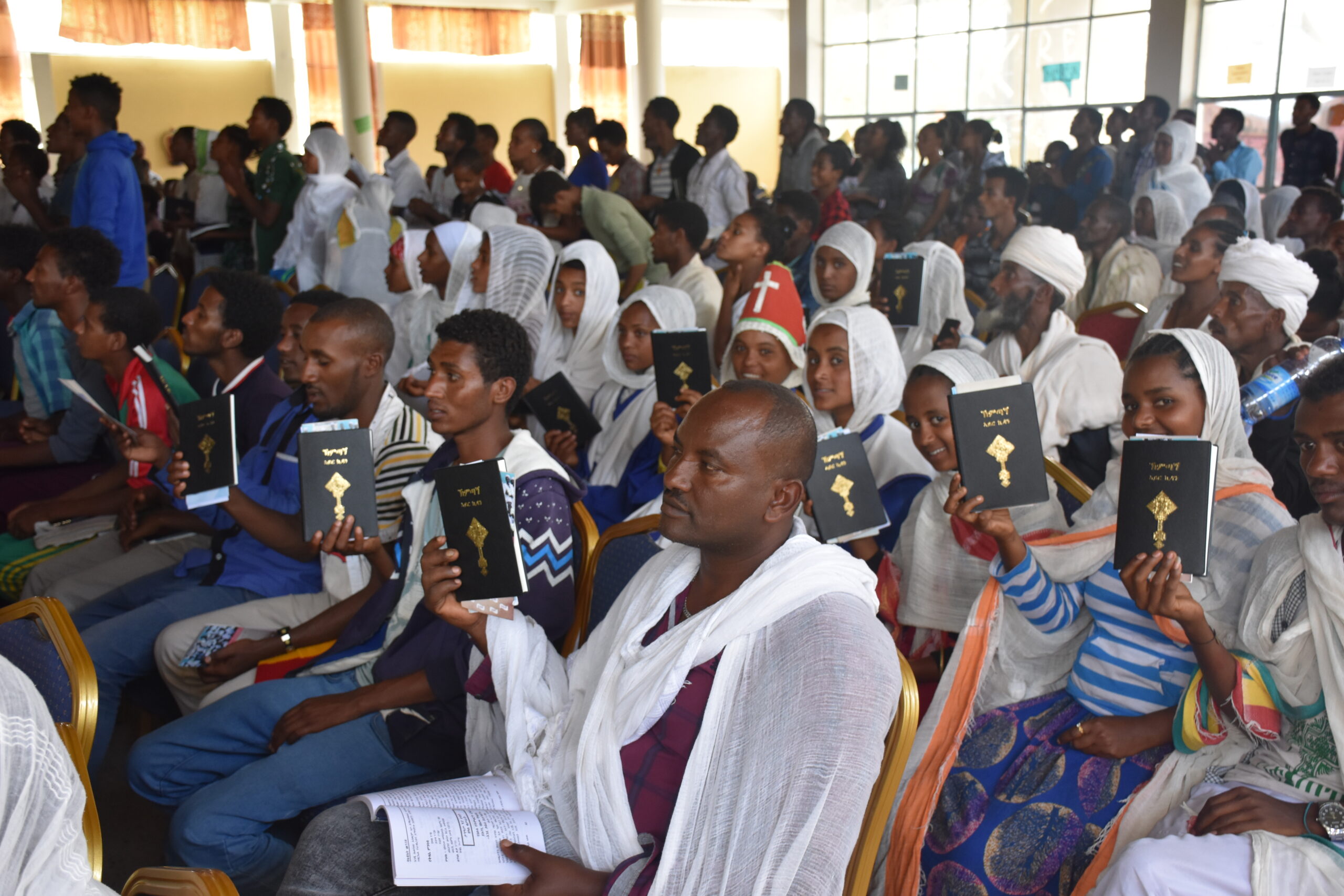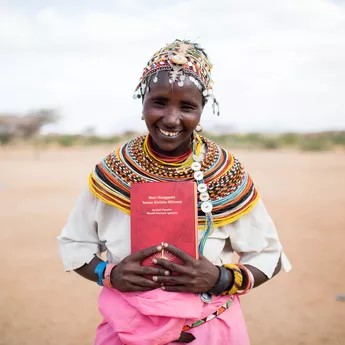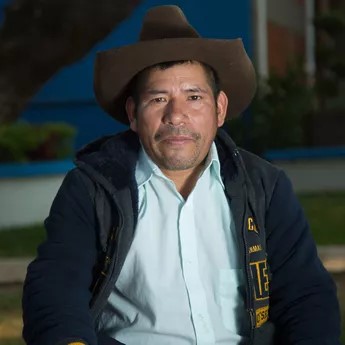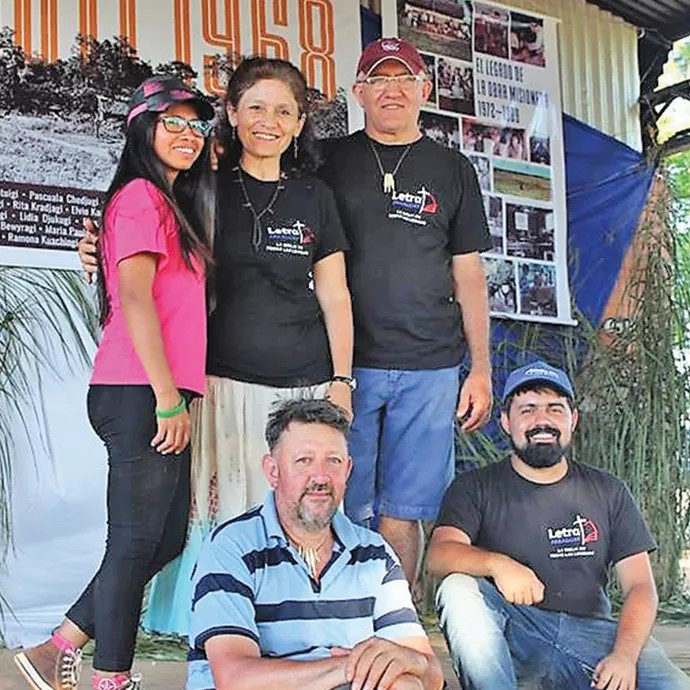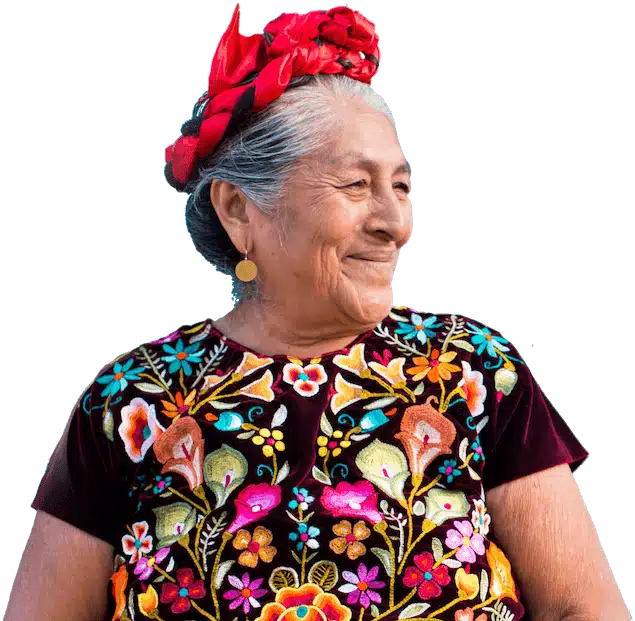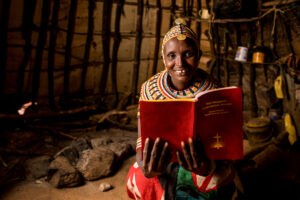Xamtanga speakers in Ethiopia respond to heart language Scripture even in the face of trials.
Located in northern Ethiopia’s Amhara region, the Xamtanga language community relies mostly on subsistence farming. Because they have limited access to modern equipment like irrigation systems, they are often at the mercy of the weather’s whims—even relying on natural rainwater to secure their future. Some government financial assistance is available, but not enough. Locals describe their home as a “forgotten zone.”
It’s easy to see such difficulties as a curse. But Bible translators in the area attest to the amazing faith and dependence on God that these trials have produced. Zelalem, a field project manager for Anglophone East Africa, explained, “[The Xamtanga] believe that God is their only solution.”
That’s what we believe too.
A Heart Language New Testament
Christianity took root in Ethiopia early—although how early is debatable. Some believe that the conversion of the Ethiopian official in Acts 8 led to the founding of the Ethiopian Orthodox Church, yet evidence shows that the church likely wasn’t established until the 4th century. For context, that was around the same time the Nicene Creed, or the formal statement of the chief tenets of Christian belief, was adopted.
While Christian traditions are common among Xamtanga speakers, most church services are performed in either Amharic, the official government language of Ethiopia, or Ge’ez, the liturgical language of the Ethiopian Orthodox Church.
Reverend Weldat Mekonnen, a translation reviewer, recalled his wife’s reaction when she listened to Scripture in Xamtanga using a MegaVoice device: “As I arrived home, I found my wife weeping. She asked me, ‘Why have you never told me how Jesus Christ died?’”
Despite hearing the story dozens of times in Amharic and Ge’ez, Weldat’s wife had never fully comprehended the crucifixion story.
“Amharic is for the educated,” Weldat explained. “My wife, like most women in our community, is illiterate. Only a few girls go to school, and priority is given to boys. Ge’ez, on the other hand, is for ministers. We have many ancient religious writings, including the Scriptures in Ge’ez. Trained ministers are expected to recite these writings, whether we know their meanings or not.”
Like Weldat’s wife, many Xamtanga speakers have trouble understanding God’s Word in Amharic and Ge’ez. They’re desperate for Scripture in their own language.
Thankfully, in 2019, the first-ever Xamtanga Scripture—a full New Testament—was dedicated. The completion of the work came at just the right time, spiritually preparing the people for the trials to come.
Comfort in Trials
Between November 2020 and November 2022, rebels from the Tigray region of Ethiopia launched a series of brutal attacks in northern Ethiopia.
In late summer of 2021, the rebels invaded the Xamtanga language community while preparations were being made for Enkutatash, the Ethiopian New Year. Many were killed.
Xamtanga Bible translators who were translating the Old Testament fled with their families, making sure to bring their laptops with them. “This work is like my child,” one translator explained. “How can I leave my child? I picked it up as I picked up my son.” Without any opportunity to coordinate or communicate during the confusion, all the translators still managed to take their work with them, leaving everything else behind.
For months they lived as refugees, afraid to return to their homes. Or, what was left of their homes.
The Work Continues
Nearly three years after the conflict began, many Xamtanga speakers are just now returning to their homeland. The translators have been hard at work, striving to complete the Old Testament and focusing on the power and life it will bring to their recovering community members.
They wrote in a recent field report, “The Word of God is to transform their lives and the lives of the communities, even in the midst of conflict, war, and afflictions of all sorts.”
While working through the Old Testament, they have been encouraged to read about God’s protective hand throughout the history of Israel.
“The people of Israel faced numerous challenges, and God helped them, which is a reflection of us as we translate the Old Testament and get consolation to our difficulties.”
Would you join us in asking the Lord to protect and provide for the Xamtanga people? And would you also pray that he would bless the translation work so that Xamtanga speakers would soon have the full counsel of God?
Father, we thank you for your goodness to us. Thank you that even in trials, you are with us. Bless the translation work being done among the Xamtanga speakers in Ethiopia. Give the translators wisdom and diligence to persevere. Fulfill your promise that your Word does not return void; transform the lives of everyone who encounters you in Scripture. Amen.
